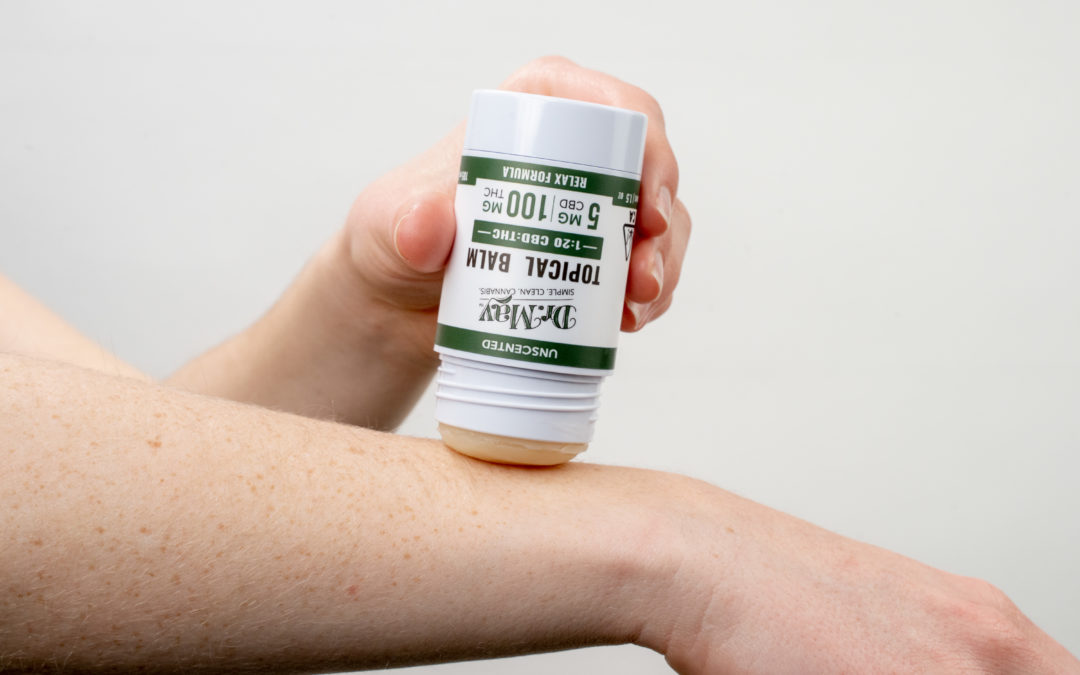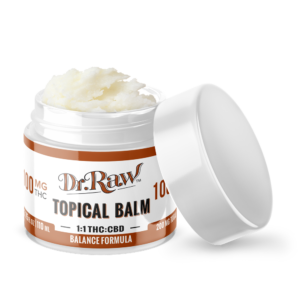In our previous blog—we discussed how cannabis plays a role in our sleep and relaxation schedules. However, the interaction between cannabidiol (CBD), Tetrahydrocannabinol (THC), and our bodies is about so much more than its potential to help with sleep management. Another exciting role that we’ll dive deeper into is these cannabinoids’ effects on pain management.
If you’re new to cannabis-derived wellness or just looking for a little refresher, CBD and THC are just two of more than 100 compounds, called cannabinoids, that naturally occur in the cannabis plant. As these compounds continue to gain popularity as a potentially effective treatment option for many health issues, we’ll also take a further look at the versatile range of products in which they could be more effective than smoking or vaping cannabis.
The Future Of Pain Management with THC and CBD
Let’s begin with the Endocannabinoid System (ECS) –a complex system within the human body that acts as one of the body’s most vital regulatory systems and is also responsible for helping to maintain a state of homeostasis.
Research suggests that CBD and THC create responses that may serve to balance the ECS, which in turn, which may provide anti-inflammatory and pain-relieving effects.
Cannabinoids have shown significant promise in basic experiments on supporting pain management. For example, this evidence demonstrates that marijuana could be helpful in treating neuropathic pain (a specific type of chronic pain caused by damaged nerves).
Furthermore, CBD and THC products have shown the ability to help support a wide range of temporary relief from pain and soreness while higher concentrations of cannabinoids (applied topically) may activate the ECS through receptors in our skin which can create a better system for pain and inflammation management.
How Does CBD Help in Recovery & Pain Management?
In addition to the above, a separate study also suggests that using CBD properly and with correct dosages helps support the reduction of pain and inflammation. These recent clinical studies have also shown that a combination of THC and CBD may be a more effective therapeutic option. The researchers also found that subjects were not likely to build up a tolerance to the effects of CBD.
Although this research remains in its infancy, these studies point positively toward the increased and positive role of cannabinoid compounds in pain and recovery management. A 2019 study recently indicated that surgeons may be interested in using CBD for post-surgery pain management. So, if CBD is found to be beneficial with minimal side effects, the cannabinoid could be especially useful in patients with comorbidities that put them at increased risk of harm from opioids, such as obstructive sleep apnea (OSA). This means that doctors and physicians focused on relieving pain after surgery are looking to better manage this with non-addictive opioid approaches to eliminate addictive drug use altogether.
Meanwhile, and more recently, this study notes that its participants showed a more positive attitude regarding CBD treatment for pain-related issues.
Managing Pain With Cannabinoids: Topicals, Tinctures, and Edibles
Managing pain with CBD and THC isn’t the same for everyone—luckily help comes in all shapes and sizes.
Firstly, THC and CBD work best in combination. CBD without any THC does not interact with your body’s receptors effectively; even just a small amount of THC in a CBD product allows it to be absorbed and utilized in your body.
Here at Dr. May, whether you’re looking to support your pain relief in specific areas with our award-winning topicals, relax and vibe with edibles, or are looking for a multi-purpose product such as our tinctures–we’ve got you covered!





